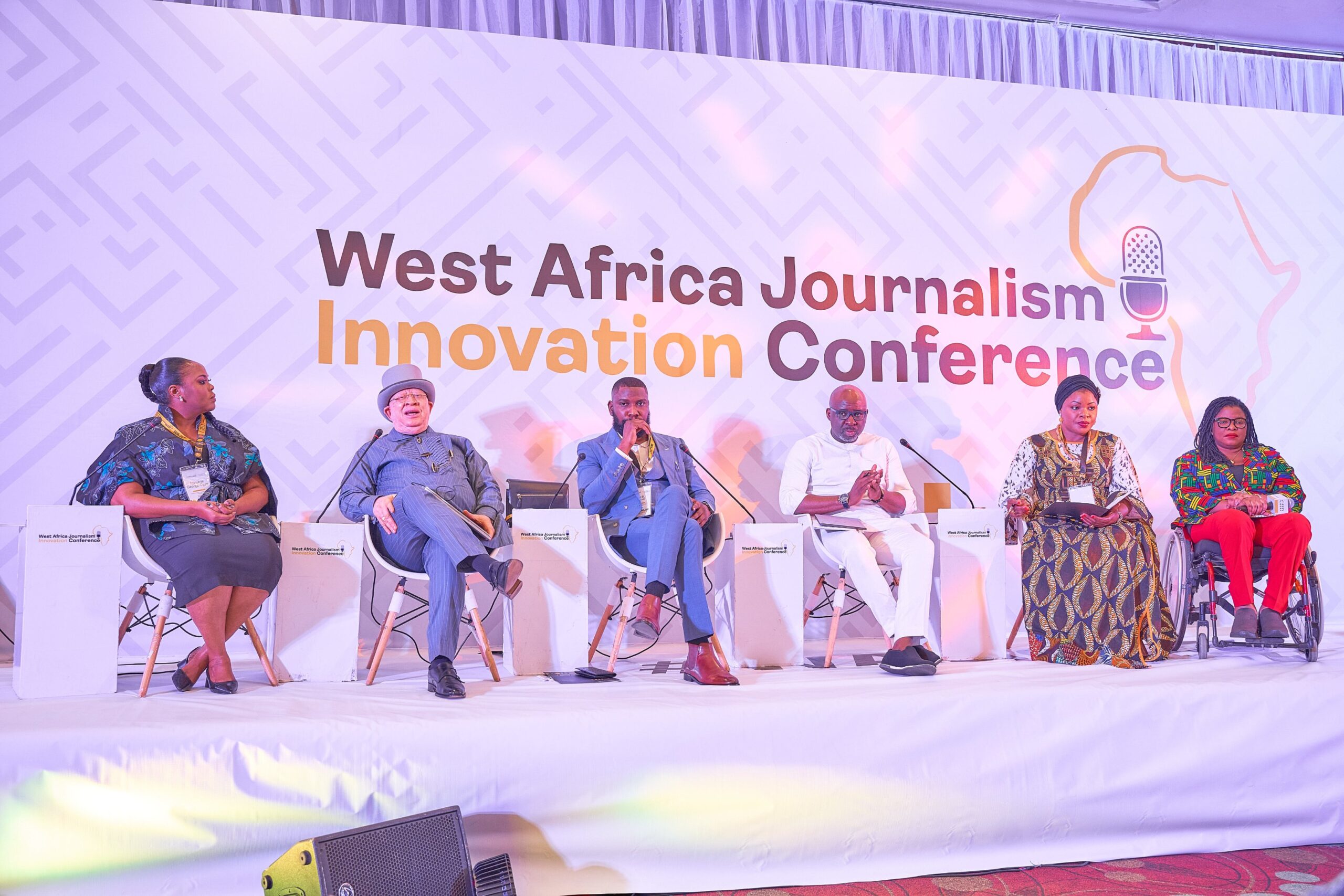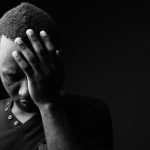Journalists and media practitioners have been charged to open their minds and be more inclusive in their reportage of issues, as their stories can empower and strip marginalised groups of their humanities.
The charge was given at a panel session on “Media and Democracy: Emphasising Representation, Inclusion, and Community.”
The panel comprised disability rights advocates, a women rights advocate, and a conflict expert was at the inaugural West Africa Journalism Innovation Conference hosted by the Centre for Journalism Innovation and Development or CJID.
Speaking on the panel, Jake Opelle, CEO of The Albino Foundation or TAF Africa, said while the media has helped in the propagation of disability rights, there is more to be done.
“The media must embrace inclusive editorial practices and recognise that persons with disabilities are capable of formulating valuable solutions and contributing significantly,” he said.
Opelle held that the media needs to see disability voices as those that can enrich their stories and give a fresh perspective rather than people as props for stirring readers’ emotions.
Also speaking, Noel Balogun, co-founder of Grassroots Initiative for Gender and Development or GRID, said that in many cases where journalists have reported on disasters, they have failed to consider the voice of PWDs, who are about 30 million across the country.
He said if journalists do their due diligence in community entry, they will find PWDs to interview for their stories, as this is necessary to plan mitigation against whatever crisis they are facing.
On her part, Abosede George-Ogan, founder of Women in Leadership Advancement Network or WILAN said there is a need for more to take leadership positions in the media, as it is the only way to control their narrative.
George-Ogan held that many times there is an erasure of women’s pains and their wins from the media because most decision-makers in the industry and even most journalists in the industry are men and therefore do not understand the pain points of women.
Jude Ilo, the acting director at the Centre for Civilians In Conflict or CIVIC held that journalists should know that their role is to give voice to those who would ordinarily not be able to speak. It is only by doing that they should expect to get praised.
Earlier,Dapo Olorunyomi, the Chief Executive Officer of CJID, said the organisation was holding the event to brainstorm around some of the issues plaguing the media industry in the West African subcontinent and hopefully come up with collective solutions.
The two-day event had more than 300 participants worldwide, including journalists, media owners, and civil society players.






